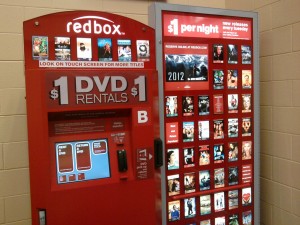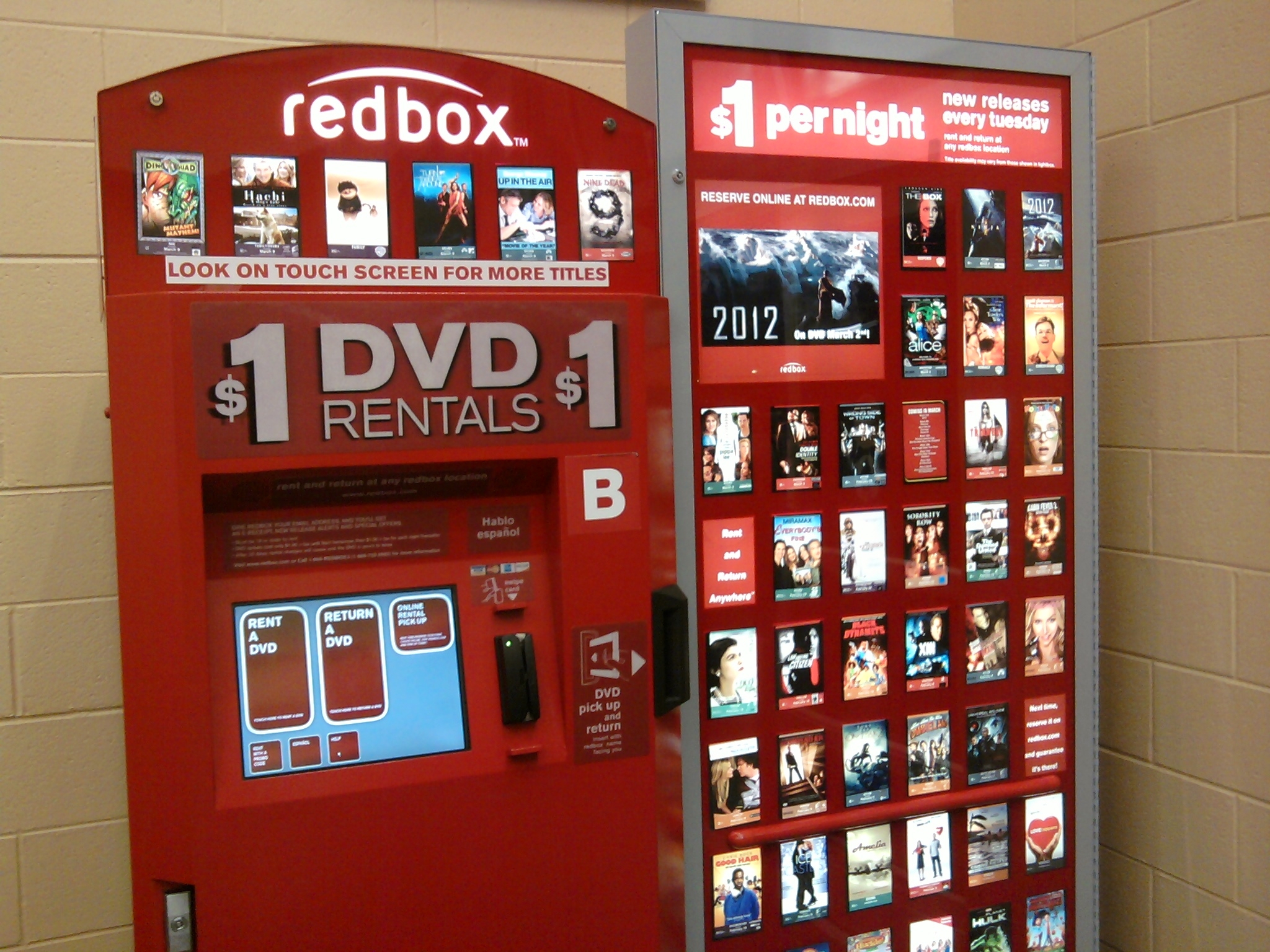 Ten years ago, business at Blockbuster, Hollywood Video, and similar establishments was booming: not only did these companies rent out newly released games and movies, but they did it for a week at a time, for a price that was well below retail value. Stores like Blockbuster had a monopoly on media entertainment and maintained profits second only to those of movie theaters.
Ten years ago, business at Blockbuster, Hollywood Video, and similar establishments was booming: not only did these companies rent out newly released games and movies, but they did it for a week at a time, for a price that was well below retail value. Stores like Blockbuster had a monopoly on media entertainment and maintained profits second only to those of movie theaters.
When Blockbuster started changing things around, extending rental times and offering multiple-rental deals, customers were thrilled: prices were dropping and the businesses at which they spent hundreds of dollars a year was demonstrating a customer service that was previously unheard of.
Another service, Netflix, a mail-order rental service, was developed in 1999 and went public in 2002, gaining more than 200,000 subscribers in the first year. With no late fees and unlimited rental time, Blockbuster could not compete, and had to figure out a new option.
In January 2005, Blockbuster abandoned its pay-per-day late fees and relaxed the rules, extended its rental times from five to seven days and eliminated late fees for seven days after the movie or game’s due date. This meant that you had a seven day movie rental, plus an additional seven days to return the movie before being charged with the retail value of the movie.
Movie rental stores gained another competitor in 2004: Redbox. Redbox movie rentals are DVD kiosks offering movies for $1 per night. You could keep the movie as long as you wanted, but had twenty-four hours for $1 plus tax.
After being late-fee free for more than five years, Blockbuster quietly announced the re-instatement of late fees on Monday, March 1, due to a heavy year of financial loss and a need to keep up with the competition. The way Americans watch movies is changing, and companies like Blockbuster cannot keep up.
Along with late fees, which are now $1 per day for up to ten days after the rental, Blockbuster also shortened the rental period seven days to five days for the same price, $4.99.
Hollywood Video’s stocks fell from from $5.29 a share to less than $0.25 a share in 2007, resulting in the closing of hundreds of stores in the northern part of the country.
Even with Hollywood Video now nearly gone, Blockbuster has lost its monopoly on movie rentals. Redbox locations are popping up by the hundreds (there are now more than fifty just in the area surrounding Raleigh), and Netflix’s subscribers increase daily.
The Blockbuster chain just posted a $435 million loss in its fourth quarter, in-store sales dropped fifteen percent and the company recently closed nearly a thousand stores. People are not willing to deal with high prices, the hassle of driving to and from the store, and keeping up with receipts that remind renters of the due date for their movie.
Cory Fetterolf, junior, has recently made the switch from Blockbuster to Redbox. “I don’t really go to Blockbuster anymore,” said Fetterolf. “My parents usually go to Redbox when we get movies, just because it’s cheaper.”
However, Blockbuster still has a few faithful followers. Katie Byrns, junior, said, “I still go to Blockbuster because it’s close. I don’t get movies that often, and my mom usually keeps up with the due dates.”
So while a few Blockbuster customers may choose to stick with what they know despite the new late fees, critics of Blockbuster’s business plans wonder if it’s enough to save a failing company.
Blockbuster claims to have given up nearly seventeen percent of its annual revenue when it enacted the “No More Late Fees” program at the end of 2004. The company declares the new policy is not a late fee (A Blockbuster spokesperson maintains that the policy is “…not a late fee. This is an additional daily rate,” and is only intended to push customers to return DVDs to its stores within five days for the sake of other customers.)
On Monday, the same day Blockbuster announced the new “additional daily rate,” Netflix said that it expects its DVD rental shipments to increase by eighteen percent this year.
Essentially, Blockbuster is working to compete with Netflix and Redbox. Blockbuster’s final attempt to compete came at the end of 2009 and will last through 2010. The installation of Blockbuster Inc. Express Rental Kiosks has just begun, and a Dallas-based Blockbuster plans to introduce ten thousand kiosks during the 2010. The machines originally offered one day rentals for $1.99 and $0.99 for each subsequent day, but prices are now $0.99 for each day, exactly like Redbox machines.
“Blockbuster stock is just about as attractive as its video late fees,” said Michael Brush, investment banker. “Blockbuster is doomed unless it makes a serious turnabout in the way it does business.”
Blockbuster has a goal of 60,000 units to be installed by the end of 2010.

Leave a Reply